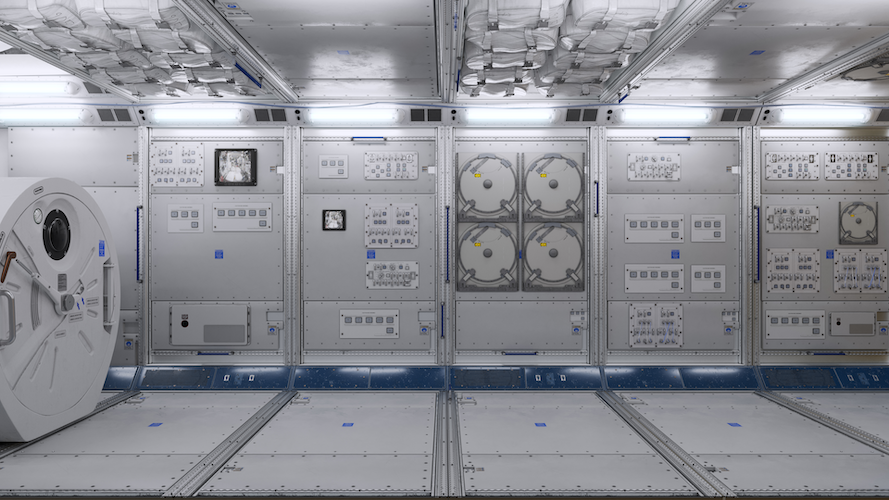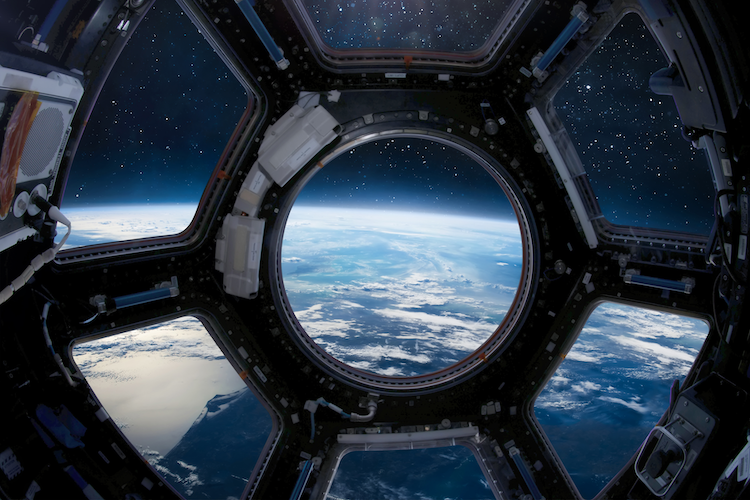The UNIVERSEH course "Mankind and the Moon. Mining 300 years of Space Exploration" explores the cultural
history of space travel and more generally the moon as a cultural reference point in Early Modern, Modern and
Contemporary History. Students will explore this topic based on digitised Early Modern Encyclopedias as well
as Modern and Contemporary newspaper collections. Alongside lectures on the topic, student-led teams will
design small-scale research projects and employ fundamental techniques for the semantic enrichment and
data-driven exploration of their sources. In addition, students will explore novel techniques for content
presentation in virtual worlds in collaboration with students of the BA Animation Studies at the University of
Luxembourg.
The proposed seminar pursues a decidedly interdisciplinary approach, fostering collaboration across various
fields to enable students to employ digital methods for the study and critical analysis of the multifaceted
discourses of space exploration.
The seminar is structured into three main blocks, beginning with an introductory phase in Düsseldorf, where
students receive theoretical grounding and hands-on training in using early modern encyclopaedias and
digitised newspapers as historical sources. This phase emphasises the formation of interdisciplinary teams,
leveraging complementary language skills to facilitate diverse research perspectives.
The second block consists of hybrid meetings featuring lectures on premodern voyages to the moon, space
travel in the modern era, and digital humanities research methods. These sessions are complemented by
practical training in digital tools such as Voyant Tools and the Impresso web app, enhancing students' skills in
text analysis and digital research methodologies.
In the concluding block held in Luxembourg, students will finalise and present their projects in a virtual world
based on the Unreal game engine, incorporating insights from lectures, digital humanities tools, and
interdisciplinary collaboration. The seminar aims to equip students with a critical understanding of the cultural
history of the moon and space travel, bolstered by project management skills including science communication,
writing, and text analysis.
Overall, "Mankind and the Moon. Mining 300 years of Space Exploration" not only offers a critical introduction
to cultural and digital history but also contributes to the establishment of a continuous class format for critical
space studies. This innovative seminar framework encourages students to continually apply a critical lens to
their (inter-)disciplinary training, promoting a holistic understanding of the cultural significance of the moon and
space travel throughout history.








